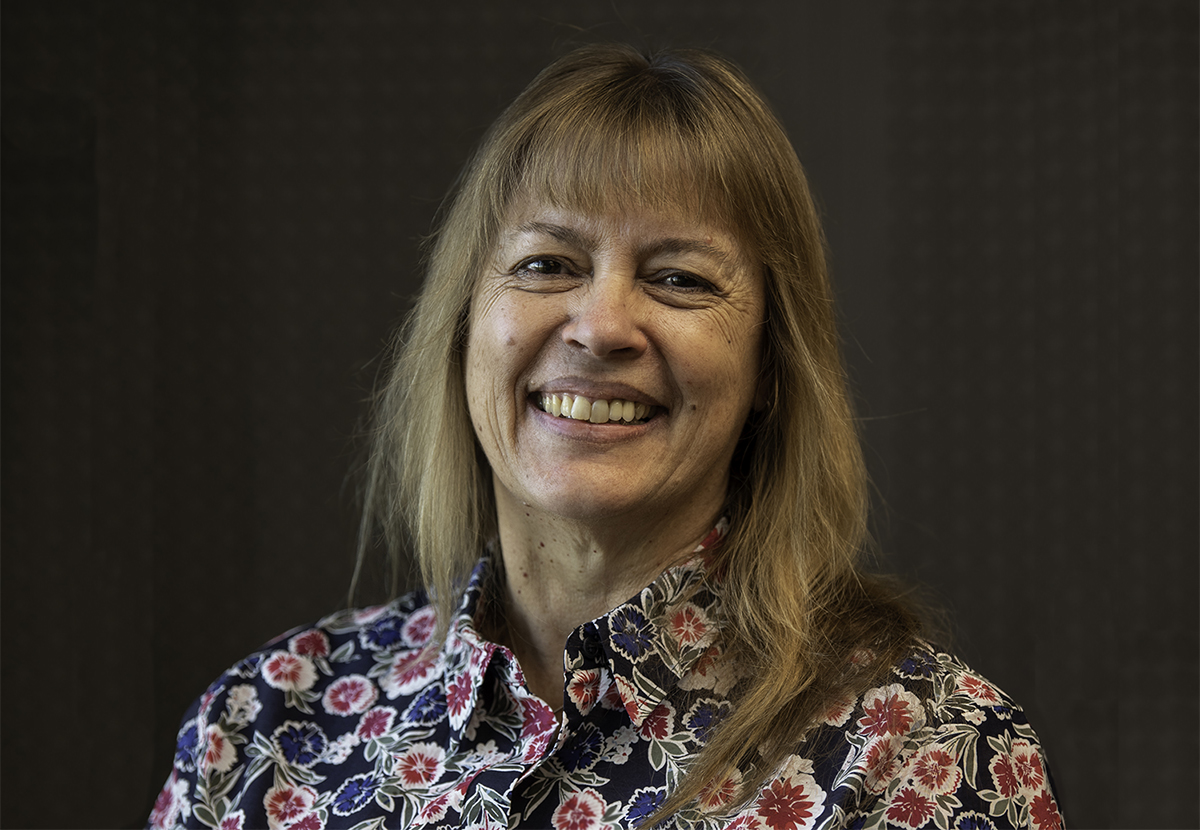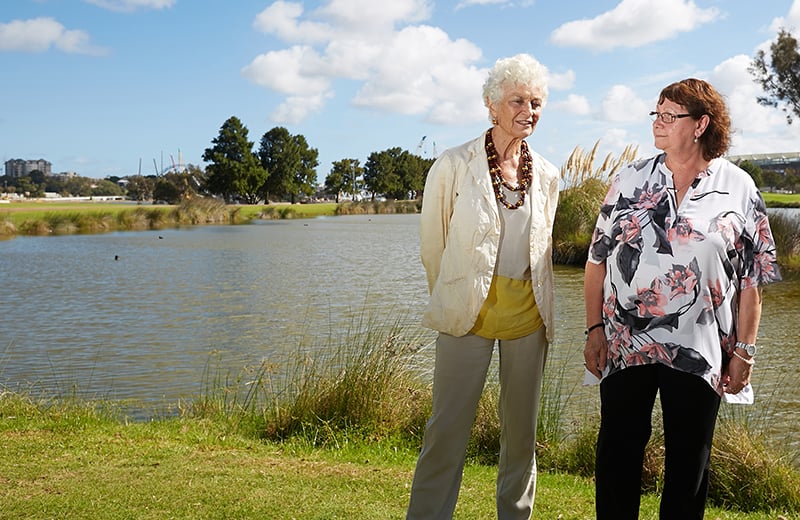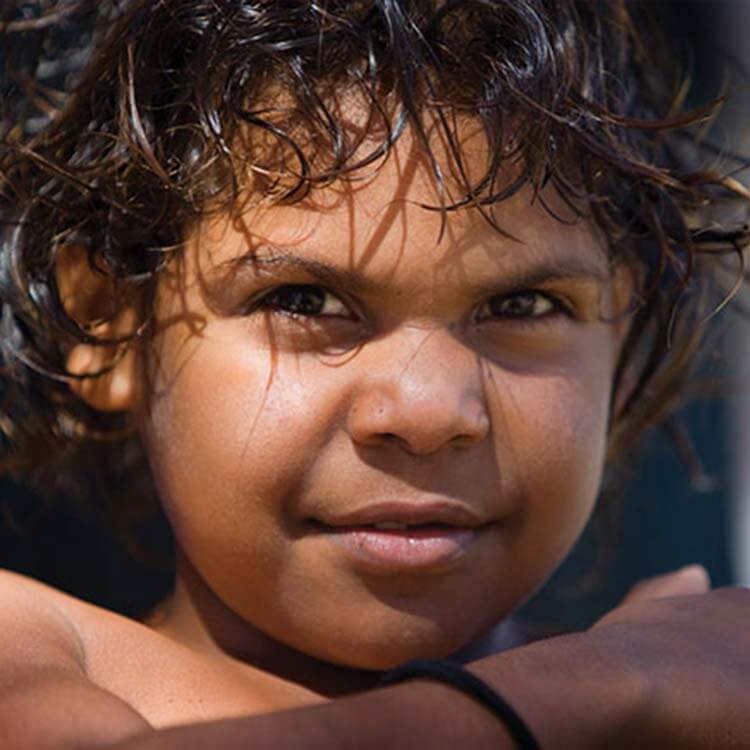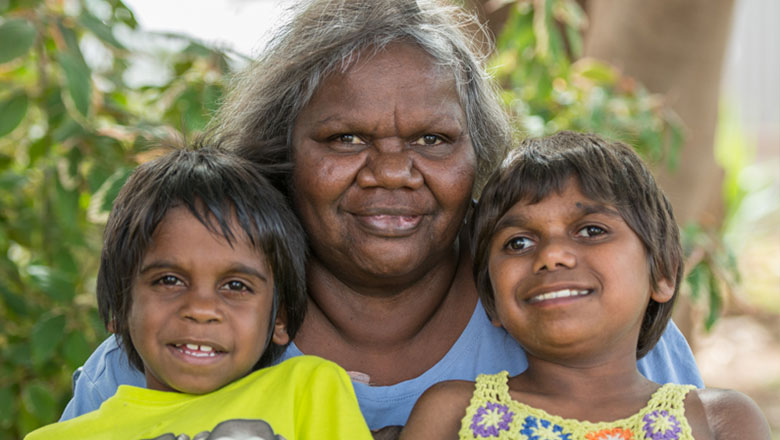Search
Showing results for "aboriginal respiratory"
This study sought to determine the social and emotional impact of maternal loss on Aboriginal children and young people using data from the Western...
The Rio Tinto Aboriginal Health Partnership marries Rio Tinto's commitment and dedication to community investment with research expertise of the Telethon Inst
Antismoking mass media campaigns have been shown to reduce smoking prevalence in the mainstream community.
Carrington Shepherd PhD Honorary Research Associate Honorary Research Associate Areas of research expertise: Population health; Aboriginal and Torres

Pioneering Aboriginal psychiatrist, researcher and mental health champion Professor Helen Milroy has been named joint winner of the 2020 Australian Mental Health Prize.

A study confirming Aboriginal children are now 10 times more likely than non-Aboriginal children to be placed in out-of-home care has prompted researchers to call for urgent action to prevent further intergenerational trauma.

Thanks to a $1 million funding grant, Dr Asha Bowen from The Kids Research Institute Australia is on track to change Aboriginal children's skin infection statistics.

Can resilience improve health outcomes in Aboriginal young people? That question will be explored by The Kids Research Institute Australia researcher Clair Scrine.
To describe the perspectives of Aboriginal and Torres Strait Islander peoples and health care workers on genomics in cancer care to inform the National Framework for Genomics in Cancer Control (the Framework).
Globally, Indigenous people, including Aboriginal and Torres Strait Islander people in Australia, experience significantly poorer health outcomes than their non-Indigenous counterparts. In part, this can be attributed to the ongoing impacts of colonization, marginalization, and systemic discrimination. In the genomic healthcare era, Indigenous people remain underrepresented in public genetic health services, raising concerns about cultural competency and inclusivity within the genetic counseling profession.
